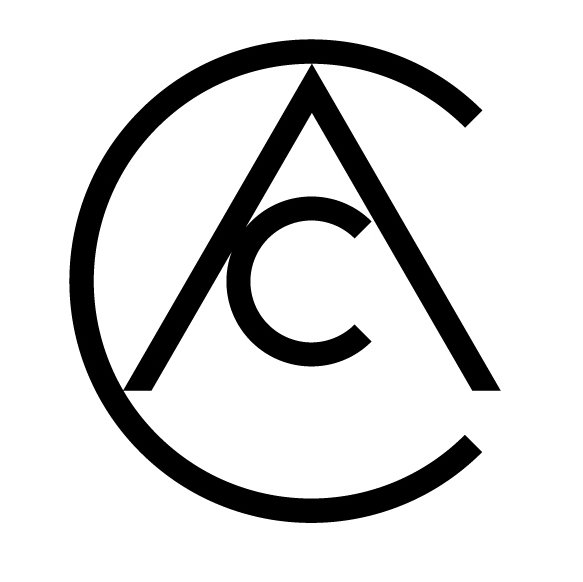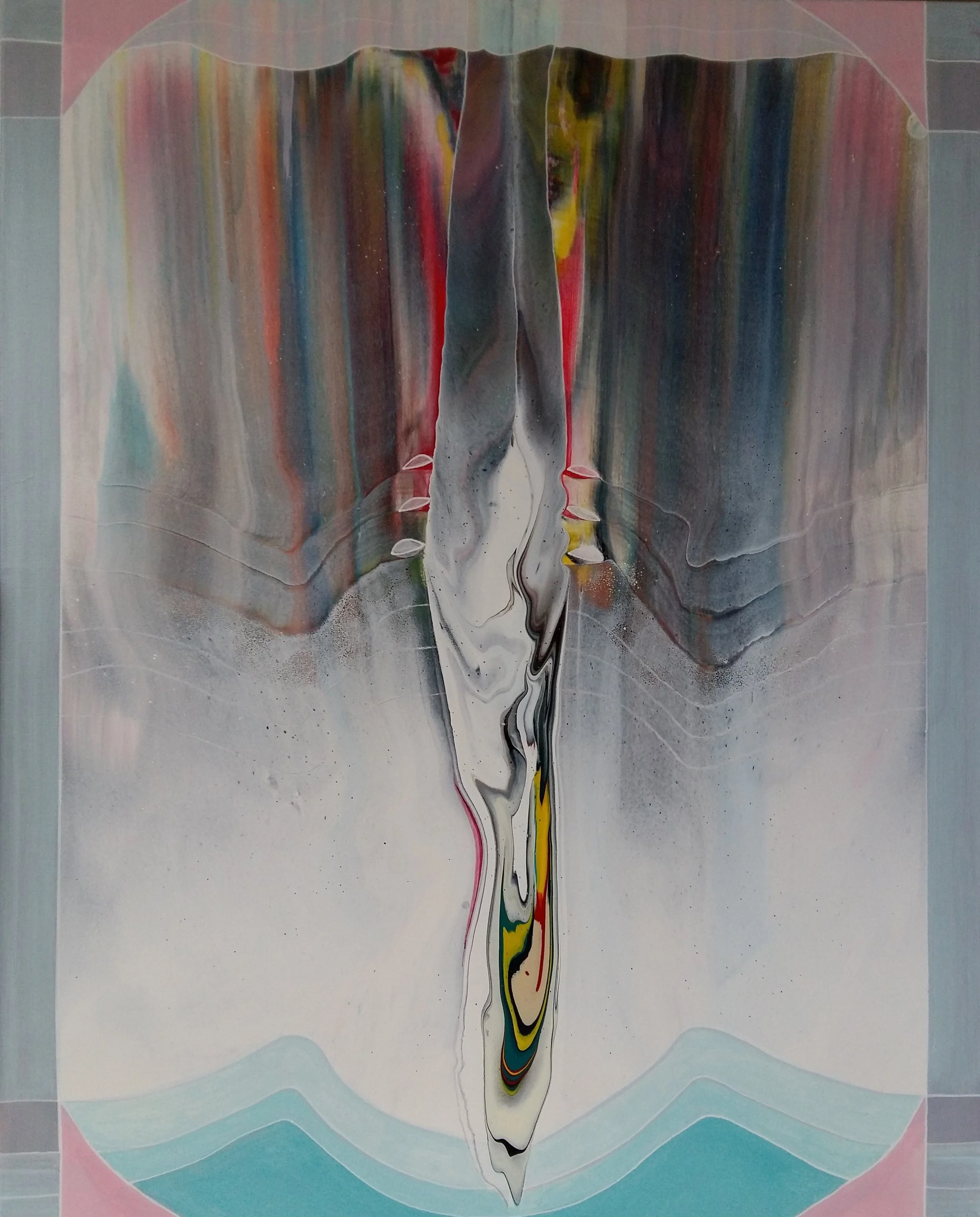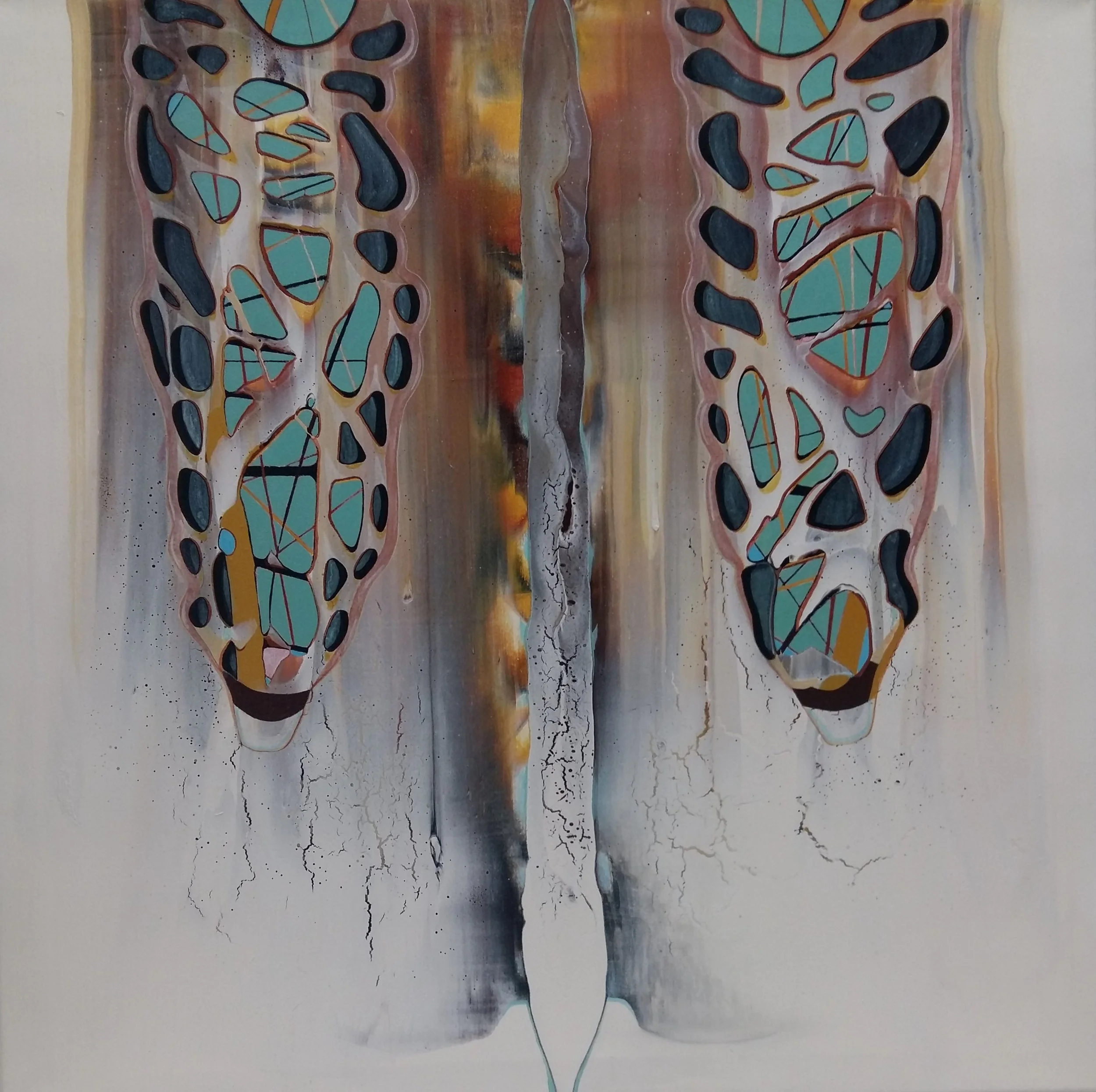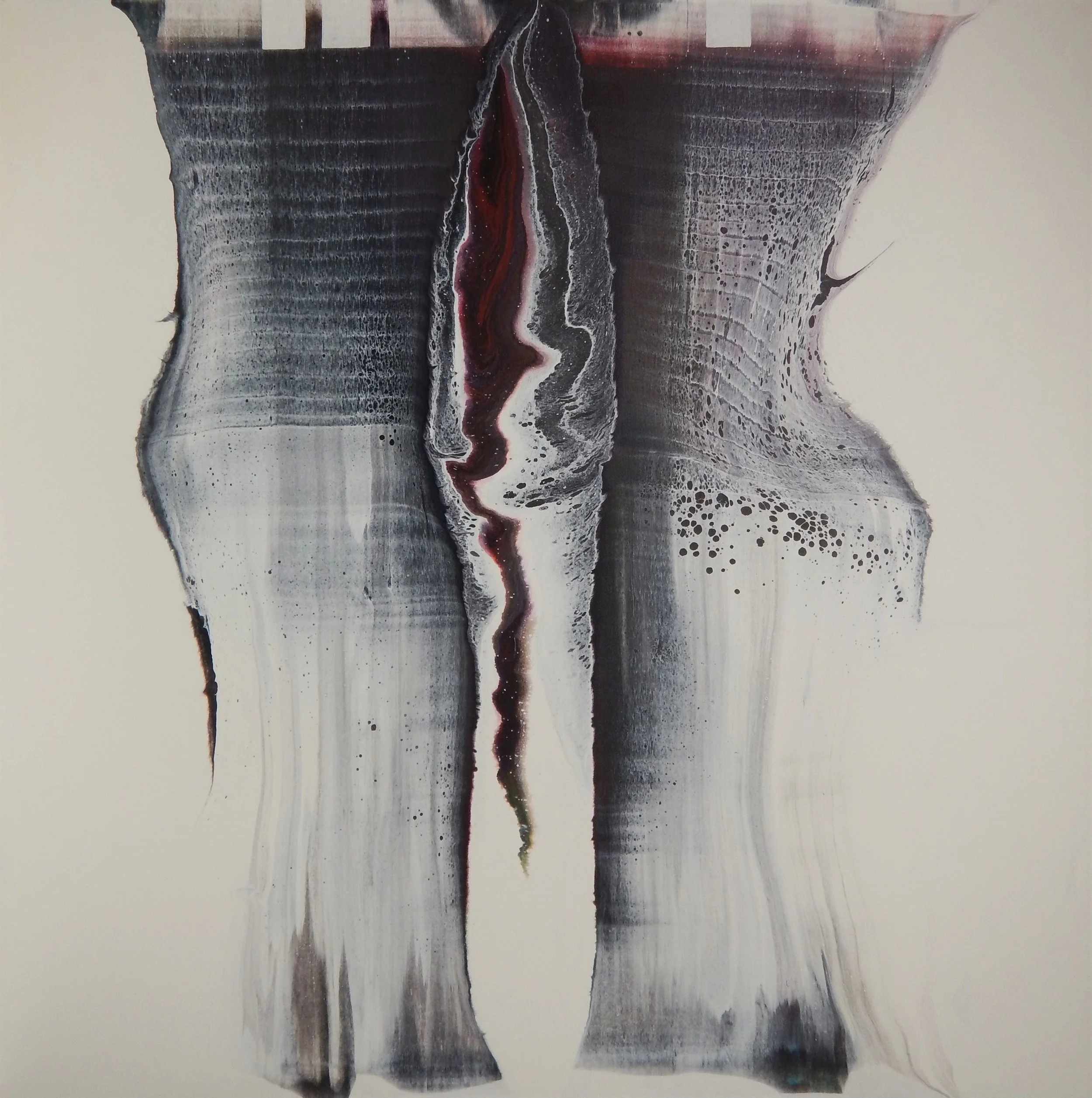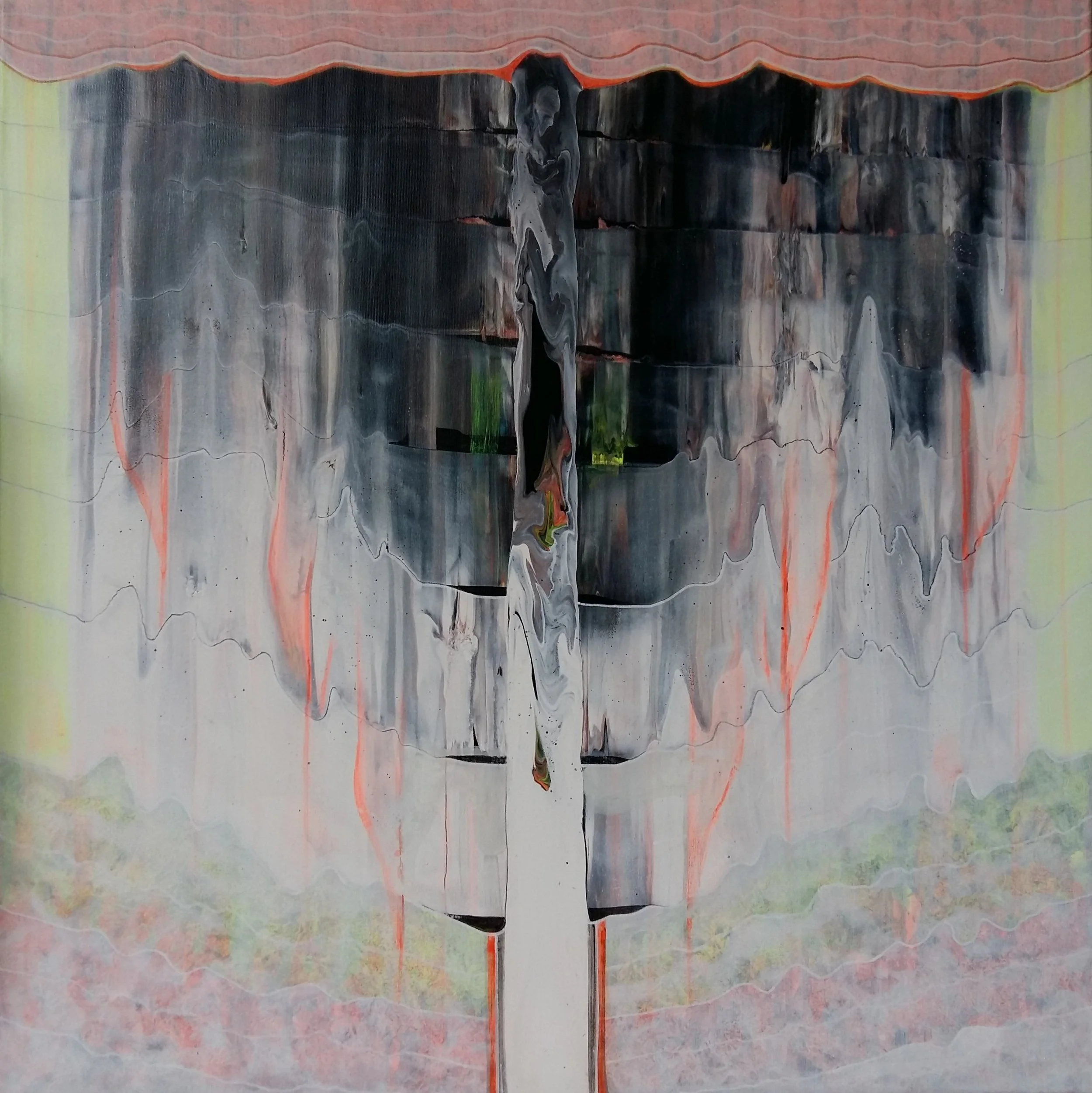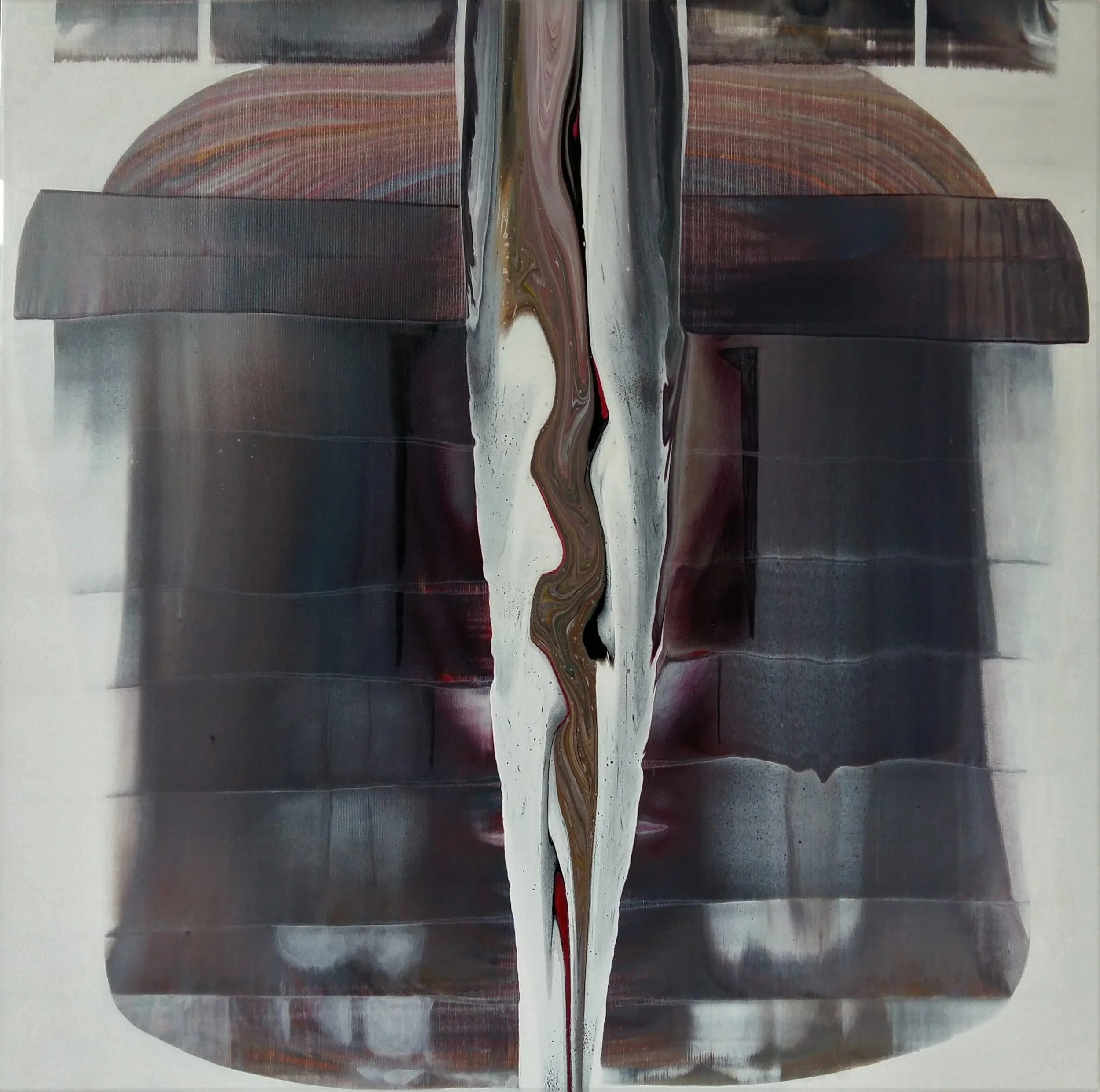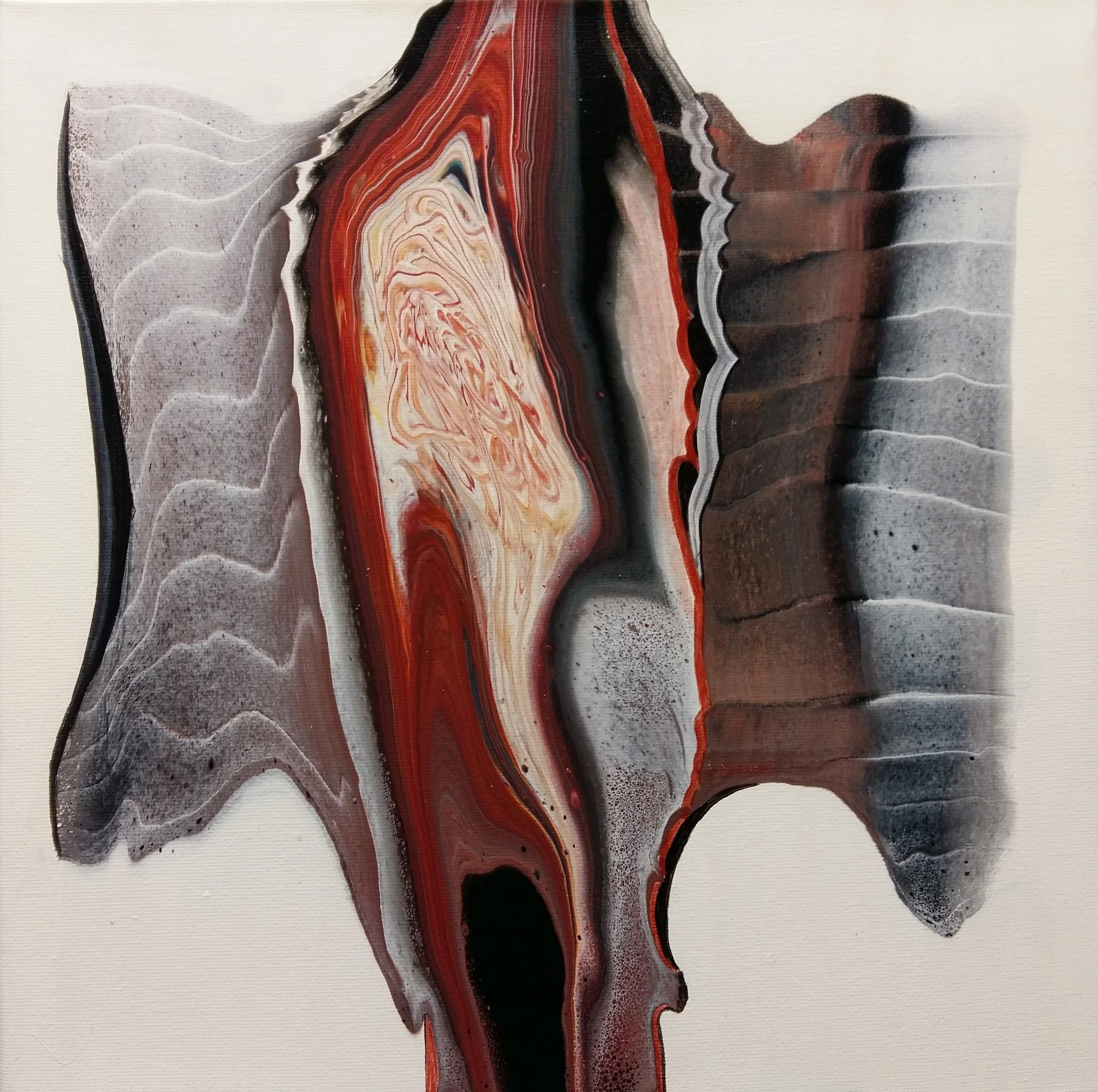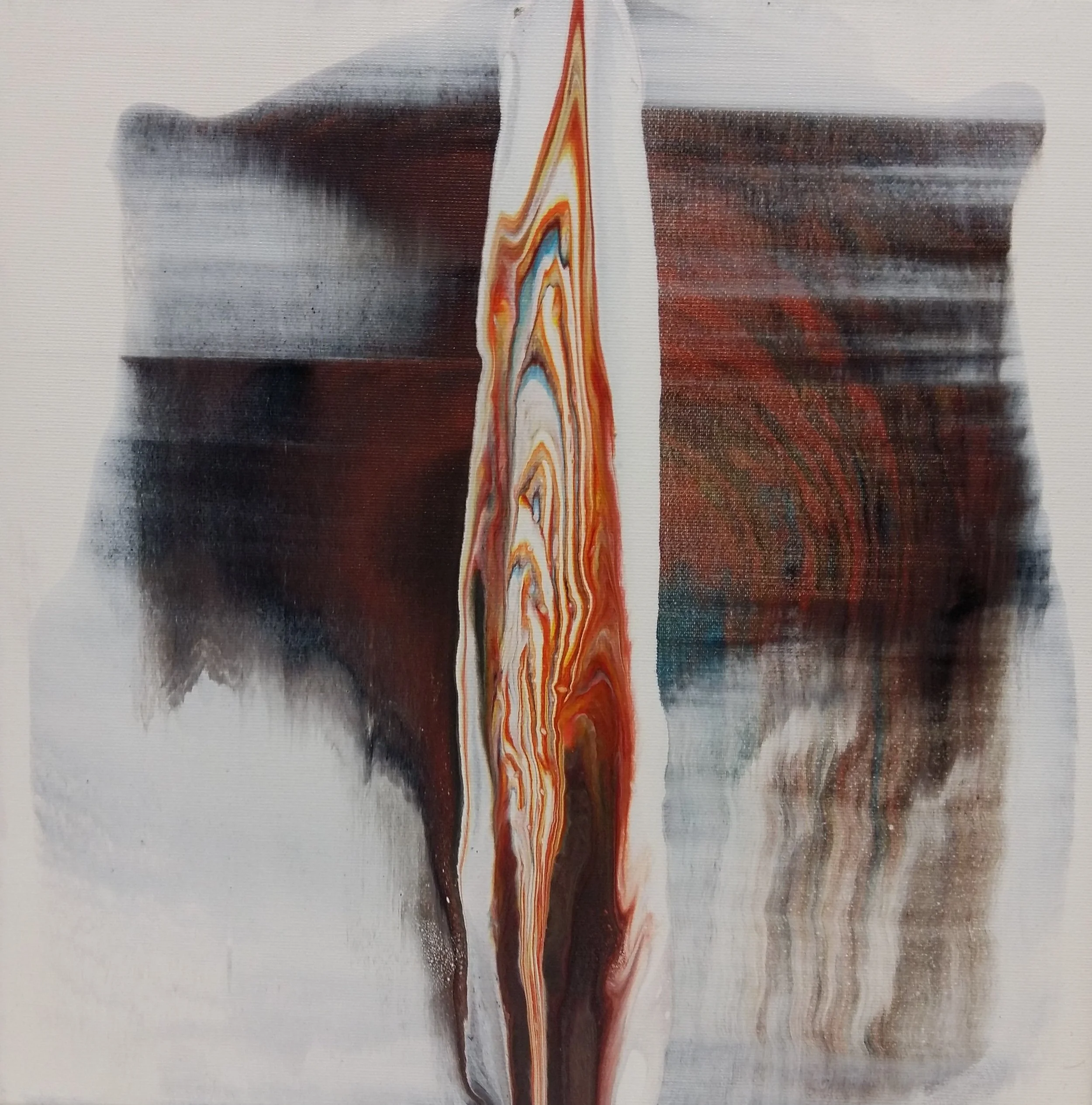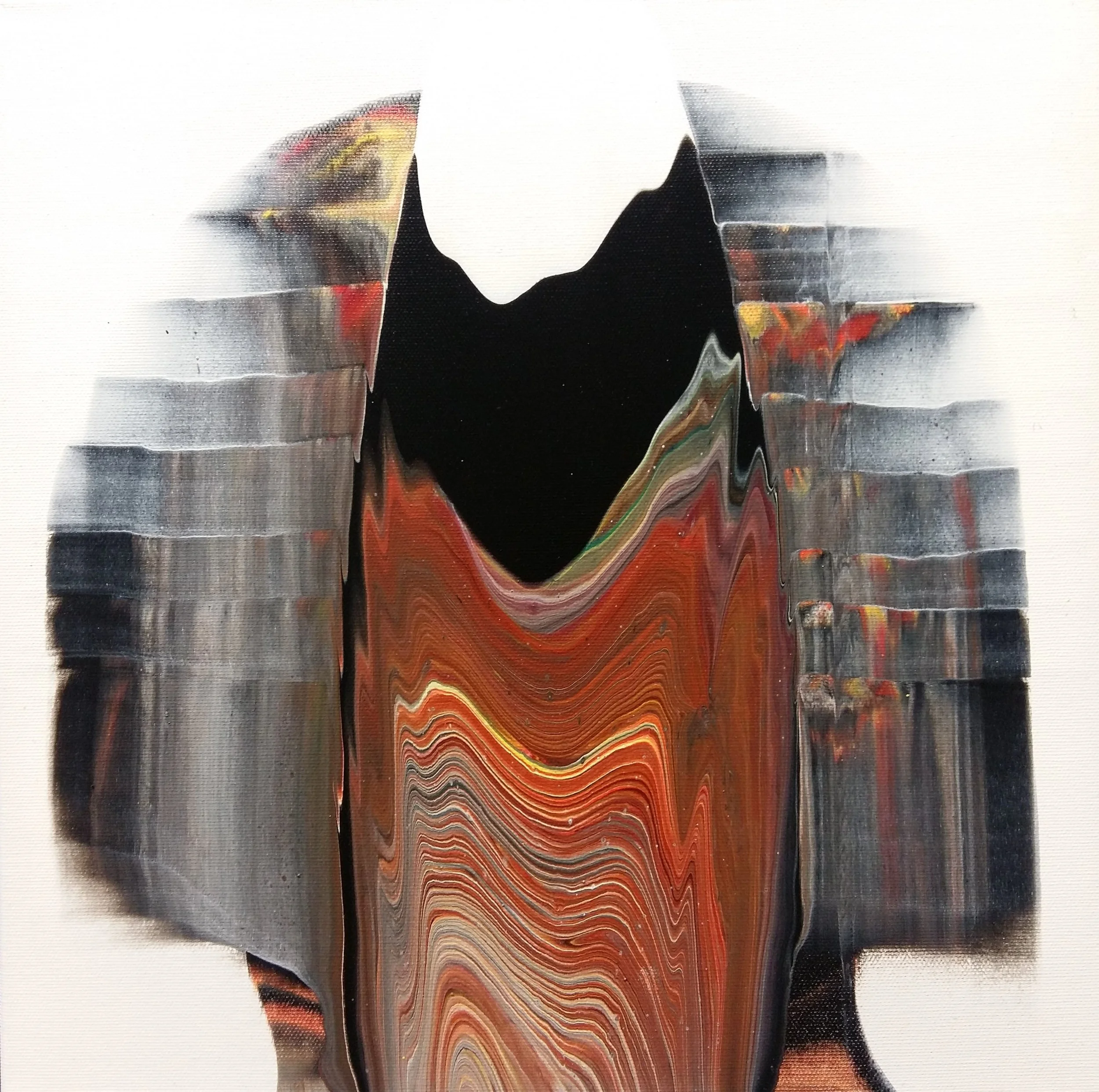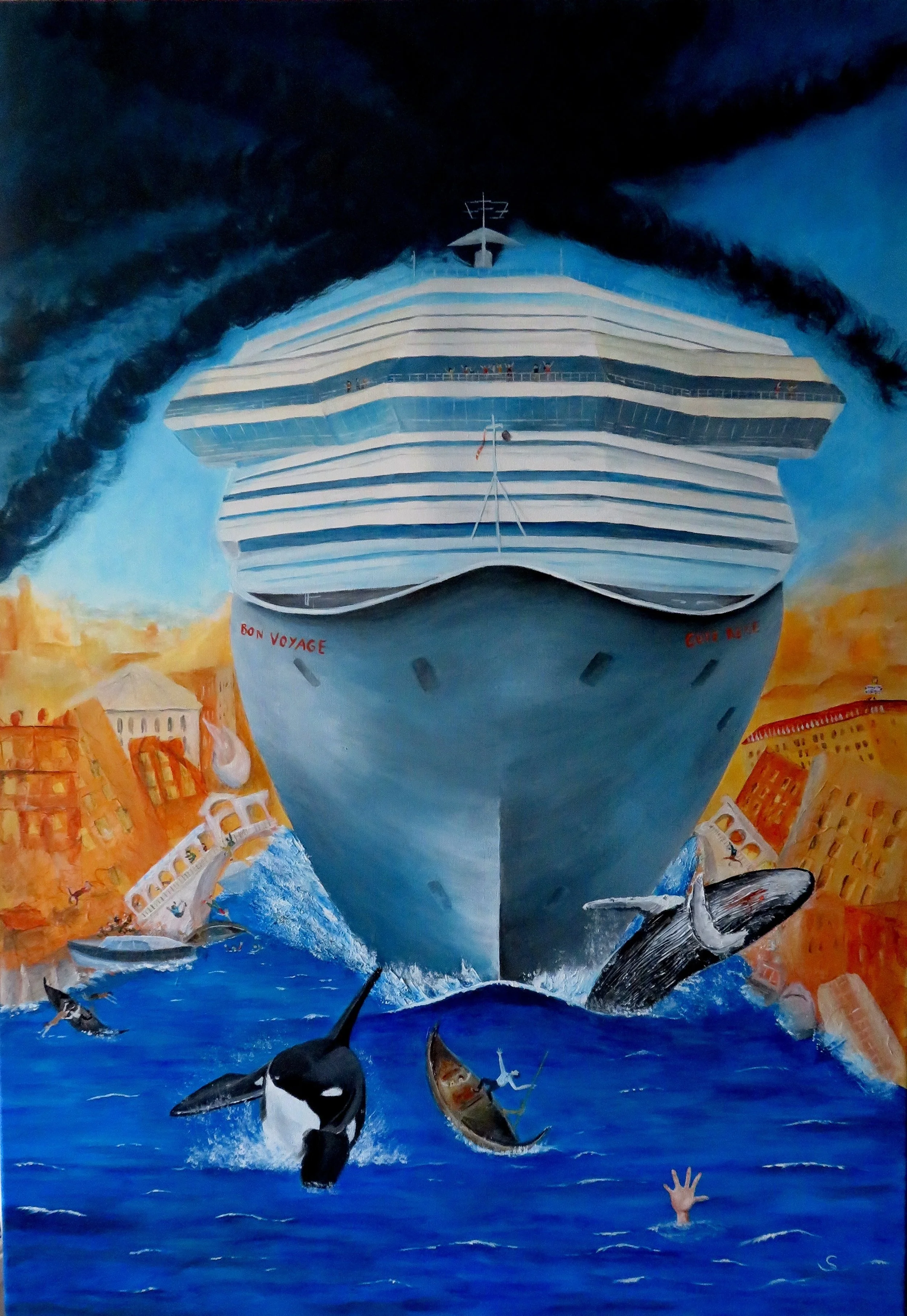Interview with Klaus Biliczky
Klaus Biliczky. Born in Dinkelsbühl, Germany's most beautiful old town (according to Focus). Resident in Neuendettelsau, Bavaria.
Professional activity as graphic designer with extra-occupational studies "advertising and commercial graphics", product developer and manager in the packaging industry. Self-employment in the real estate industry. Autodidactic further education and participation in workshops various painting and printing techniques with renowned lecturers. Freelance and award-winning visual artist, whose works have been shown in numerous exhibitions, nationally and internationally.
How would you describe yourself and your artwork?
I am a versatile visual artist from Germany and exhibit my works nationally and internationally. In my artistic work, I focus primarily on acrylic techniques as well as compositions with rust and patina on canvas, and experiments with a wide variety of materials and sculptural objects.
In my research topics, I explore with sensitive perception the relationships between fantasy and reality and trace the mystery of the hidden.
My works reflect the beauty and vulnerability of our world, as well as life, decay and death and testify to the transience of our being. But I also refer to social and political problems as well as social changes and try to show problematic developments.
Aware of the constant changes, I create both works with multi-layered smooth surfaces, as well as with haptically tangible structures, in which I leave the traces of the work process passed through visible.
How do you proceed when you start a new work? Do you already have an idea in mind, or do you start working with materials or sketches to find the starting point?
The approach varies depending on the work and depends on the creative process. Here I distinguish between works in which I have a clear idea of the work I want to produce and works in which I engage in experimental, processual developments intuitively and spontaneously without prior planning.
So I either sketch on the canvas or start working with materials immediately. The experimental way of working is elementary for me. It is full of surprises for me, which can be positive and also negative. For me, however, the positive experiences outweigh the negative ones, which often amaze me and ultimately find their way into my artistic working method. But it also happens that I switch between both approaches in some works. When I am in my studio, I focus completely on creating art. It often happens that I lose all sense of time in the process.
When do you think is your most productive time of day or week?
I don't have a specific time of day or week. When I feel like it and feel happy, I go to the studio and start working. That is the case almost every day. I quickly sense whether things are progressing well and whether I'm in the flow. If not, I usually finish the work after a short time.
What obstacle have you overcome as an artist? Is there something that has allowed you to develop your work as an artist in your life?
Before my first exhibitions, I had a lot of respect and thought what would the visitors say to my works, especially since in my initial surrealistic works I addressed very sensitive, enigmatic and also strongly polarizing and also provocative themes. However, I quickly overcame this. Independent of current trends, I have always gone my own individual way. Through increased self-confidence, curiosity and openness, I made contact with other artists, exchanged ideas with them, mobilized my creative forces and was thus able to go my own way as an artist and develop further.
Did you have an idea of what you wanted to paint from the beginning?
I can remember that I always liked to paint, even as a child. Art classes at school were my favourite subject, where I absorbed everything inquisitively. Because of the directness and clarity of drawings, they were for me the most powerful means of expressing myself. In surrealistic pen and pencil drawings, I processed childhood and youth experiences, as well as the time of growing up.
A chance encounter with an action artist, who positively encouraged me in my artmaking, led to the deepening of my very personal style of expression. Initially, I had never thought of becoming an artist, which is why I decided to pursue professional training. But even in my professional life, art creation remained my most faithful companion throughout my life. Always active and curious, I educated myself autodidactically and in workshops, discovered the love of object art and finally abstract painting as a preferred means of visual expression.
The immersion in various techniques and processes, as well as the exploration of my imagination, led over a long path to the manifestation of my personal language. Today I work exclusively as a freelance artist.
What is the meaning or creative inspiration for your work? We are curious what is the narrative or story of what you produce?
For me, inspiration is the starting point of my artistic creativity. In my opinion, this cannot be forced, it goes its own way. However, when I am curious and open to ideas, and also take my time, I have found that the door often opens unexpectedly for me and my thoughts and imagination take flight. Usually, it is things that touch me emotionally at that moment. This can be, for example, a picture, a place, music or a conversation with someone that intuitively triggers something in me and I then try to fathom why it touches me at that moment.
When I give myself over to creating art, whether I'm drawing, painting or creating sculptural objects, the constraints of everyday life fade into the background. I then feel completely free to express my feelings and sensations and also let others participate in my creative output. In doing so, I also thematically incorporate the global problems, crises and challenges facing our societies around the world.
With my art I want to stimulate the senses of the viewer, interfere, shake up, provoke and also touch. My works should help to better understand other cultures, connect people and create a new awareness.
Besides your artwork, are there other things in life that you consider important or valuable as an artist? In other words, what gives you joy and creativity?
There are certainly many things that I consider important and valuable. But it is especially
the people who accompany me in my life, my family, my friends and also people who deal with my art and visit my exhibitions. I would not like to miss the inspiring conversations with you. Basically, it's the wonderful touching and also formative experiences that you have as a human being. I love hiking in the mountains and enjoy being in nature. This inspires and grounds me, brings me to an inner peace and balance and gives me inspiration to express my thoughts and feelings in my artwork. Even though creating art is often hard work, it makes me happy when I realize how many ideas I have in my head, all still waiting for me to bring them to life in a painting on canvas or in a sculptural object.
Any exhibitions or places coming soon where you can see these beautiful creations in person? Anything on the horizon?
My works could already be seen in three large solo exhibitions this year. Currently, 55 large-scale works of mine can be seen in my solo exhibition "WORLD UNDER THE HEAVEN OF GODS" in the beautiful residence in Hilpoltstein and more works in the group exhibition "ART IN TRANSITION" in Leonberg. In addition, I am currently still involved in the ARTBOX.PROJECT VENEZIA 1.0 in in Venice, where works of mine can be seen digitally. In less than two weeks the exhibition "REGIONALE 22" will start at the Giechburg near Scheßlitz, where I am also involved.
Website: https://www.biliczky.de/
